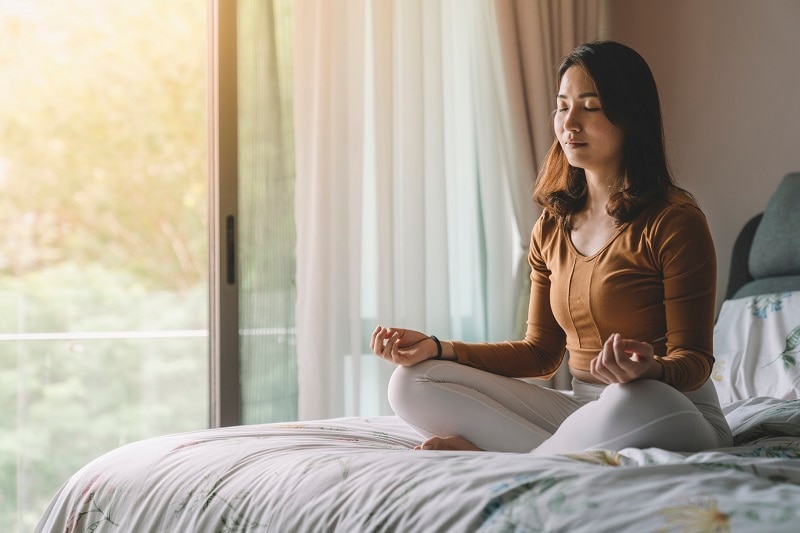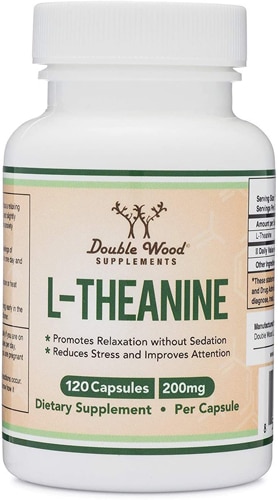[vc_row][vc_column][vc_column_text]
“You can search throughout the entire universe for someone who is more deserving of your love and affection than you are yourself, and that person is not to be found anywhere. You yourself, as much as anybody in the entire universe deserve your love and affection.” ~ Buddha
What does proper self-care mean to you? What about mental health? In considering these two ideas and how they connect, let’s define our terms. Self-care is the practice of taking care of yourself, physically, mentally and emotionally, while mental health is a barometer of our emotional, psychological and social well-being, which collectively informs the way we think, feel, cope and engage with life.
The healthier your mental state, or
mental fitness, the better you can cope with stress, make positive daily choices and perform in all aspects of your life in a way that benefits both yourself and others. These self-care tips can help keep your mental health in shape.

Mental Health Self Care Tips
Practice self-compassion
The art of being gentle, kind and understanding with yourself in all circumstances is self-compassion. This is a vital aspect of mind, body and emotional well-being because it also informs the way you view the world and treat others. If you wish to be empathetic and tolerant with your fellow beings, that starts with yourself. Check out these tips on
mastering a positive mindset.
When you consistently treat yourself with loving care in both word and deed, the world tends to expand in a positive way, which in turn elevates your own mental and emotional well-being. Start by noting your self-talk, immediately replacing any negative statements with positive, uplifting ones. Start your own
self-compassion practice.
Insist on healthy sleep
According to
Harvard University, chronic insomnia may increase the risk of developing a mood disorder, such as anxiety or depression. As brain activity during sleep has profound effects on emotional and mental well-being,
poor sleep may be both a cause
and consequence of mental health problems. So, how can you best ensure a healthy night’s rest? Consider these ideas:
- Maintain a consistent sleep schedule.
- Exercise moderately every day.
- Employ relaxation techniques to wind down.
- Avoid alcohol, tobacco and caffeine in the evening.
- Dim the lights and remove electronic devices before settling in.
- Maximize the comfort/support with your bedding.
- Learn more about rituals and supplements to help you fall asleep fast.
Improve your nutrition
Nutritional psychiatry examines how our food choices impact our mental health. Studies comparing traditional diets ? such as those followed throughout the Mediterranean, Japan and other
blue zone areas ? to a typical Western diet reveal that the risk of depression is 25 to 35 percent lower in blue zone-style dining.
The “traditional” way of eating revolves around fresh produce, whole grains, beans, legumes, nuts and seeds, with minimal animal protein and dairy and virtually no processed/refined flour or sugar. For optimal mental well-being, emphasize items like:
- Fresh, colorful fruits and veggies in season.
- All nuts and seeds, especially chia/flax seeds and walnuts.
- Beans of all types and legumes, such as split peas and lentils.
- Fermented foods, including kimchi, yogurt, kefir, kombucha and sauerkraut, all of which may improve gut health and support mental health.
It is also important to know which foods to
avoid in your quest for optimal mental, physical and emotional health. Sugar and processed items, for example, can promote inflammation throughout the body and brain, which may contribute to mood disorders, including anxiety and depression. As possible, minimize:
- Processed/fast food meals and snacks.
- Commercial/sugary/refined baked goods, snacks and frozen items.
- Anything comprised of white flour, salt and sugar.
- All foods/drinks with sugar within the first few ingredients on the label.
Normalize fitness
We all know we
should be exercising regularly, but sadly, a mere 23% of American adults meet leisure-time physical activity (LTPA) guidelines, according to research data from the
Center for Disease Control's (CDC) National Center for Health Statistics.
When it comes to your mental health, there is
abundant evidence that exercise is especially beneficial, which is significant when you consider that about 50% of Americans will be affected by a mental disorder during their lifetime.
Research shows that moderate, daily fitness appears to help reduce anxiety, depression and negative mood while improving self-esteem and cognitive functioning. Exercise may even help
prevent dementia.
So, get out and walk your dog, enjoy a yoga class, swim laps, work with a trainer, take fun classes at your local gym, embark on a nature hike or whatever else appeals to you! Find something you enjoy and make it a habit.
Consider keeping a daily food, fitness & mood journal to track your efforts as you experiment with these ideas. It can really help determine what works best for you. Feel well,
be well![/vc_column_text][/vc_column][/vc_row][vc_row][vc_column][vc_text_separator title="Featured Products" border_width="2"][vc_row_inner][vc_column_inner width="2/12"][/vc_column_inner][vc_column_inner width="3/12"][vc_single_image image="160809" img_size="full" onclick="custom_link" img_link_target="_blank" link="https://www.vitacost.com/the-seaweed-bath-co-sleep-restoring-body-cream-calm-vetiver-geranium-6-fl-oz"][/vc_column_inner][vc_column_inner width="2/12"][/vc_column_inner][vc_column_inner width="3/12"][vc_single_image image="160808" img_size="full" onclick="custom_link" img_link_target="_blank" link="https://www.vitacost.com/gaia-herbs-emotional-balance"][/vc_column_inner][vc_column_inner width="2/12"][/vc_column_inner][/vc_row_inner][/vc_column][/vc_row]




